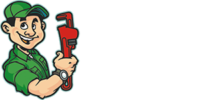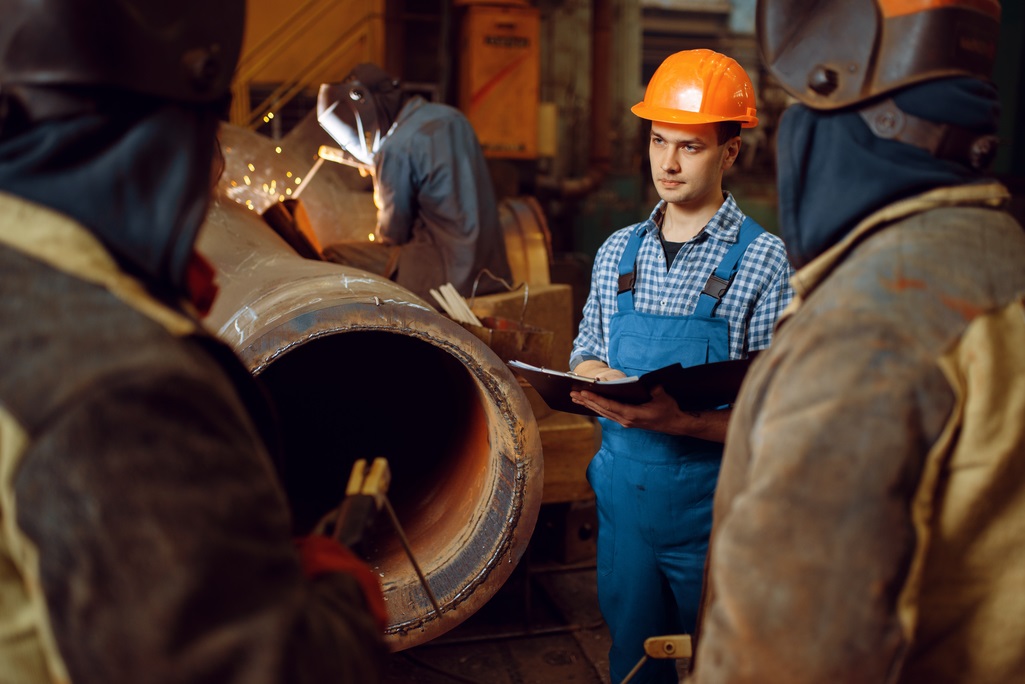If you are hiring an industrial plumber, chances are you are focused mainly on the specific job that needs to be performed. You may be less aware of the necessary safety and compliance best practices that industrial plumbers need to follow. Depending on the specific job, there can be any number of hazards ranging from falls, electric shocks and severe burns, and exposure to dangerous substances like sulphur dioxide, lead, raw sewage, and asbestos.
When hiring an industrial plumber, it is critical you hire someone who will follow best practices to minimize job hazards and risks.
Here are some of the best practices you should look for:
1. Health and safety policy
Any plumbing company that you hire should have a workplace safety policy in place. This policy should include first-aid and emergency procedures, accident reporting procedures, and general rules to ensure that they create a safe work environment before and while performing any work.
2. Health and safety training
Any industrial plumber on the job site should be up to date with all the necessary health and safety training. Common training for industrial plumbers includes WHMIS training, proper equipment training, hazard awareness, and any safety training that may be specific to the type of job they are performing.
3. Use of safety data sheets (SDS)
Safety data sheets are important for helping workers understand the health hazards of any substances or chemicals they are working with. They also outline what PPE should be used when handling those substances.
Any plumbers working at your site should have these readily available to them – in their tool bags, work vans, etc.
4. Plumbing equipment is kept in good repair
Plumbing tools need to be kept in excellent condition. Not only will this help to prevent costly work mistakes, but it can also help avoid accidents or injuries.
Industrial plumbers should ensure regular inspection and maintenance of all equipment, including plumbing vans.
5. Have the proper PPE
Industrial plumbers need to have the correct personal protective equipment (PPE) for the job that they are doing. Some protective gear commonly worn by plumbers includes work boots, gloves, safety goggles, and respiratory masks.
Because of the potential to come in contact with biohazards when working around raw sewage, industrial plumbers should have disinfectant wipes and sanitizer readily available to clean hands and equipment.
6. Have the proper insurance
It is extremely important that any plumber you hire for the job has the proper insurance to cover that job to protect against both injury-related claims and property damage. Other insurance typically carried out by industrial plumbing companies includes professional liability insurance, workers’ compensation insurance, and business property insurance.
7. Has health and safety checklists
Using health and safety checklists can help industrial plumbers identify job hazards and help them prevent accidents and injuries.
Contact Wentworth Plumbing today.
If you require an industrial plumber, it is essential that they follow best practices for safety and compliance. At Wentworth Plumber, we ensure best practices are followed. Contact us today to learn more.

